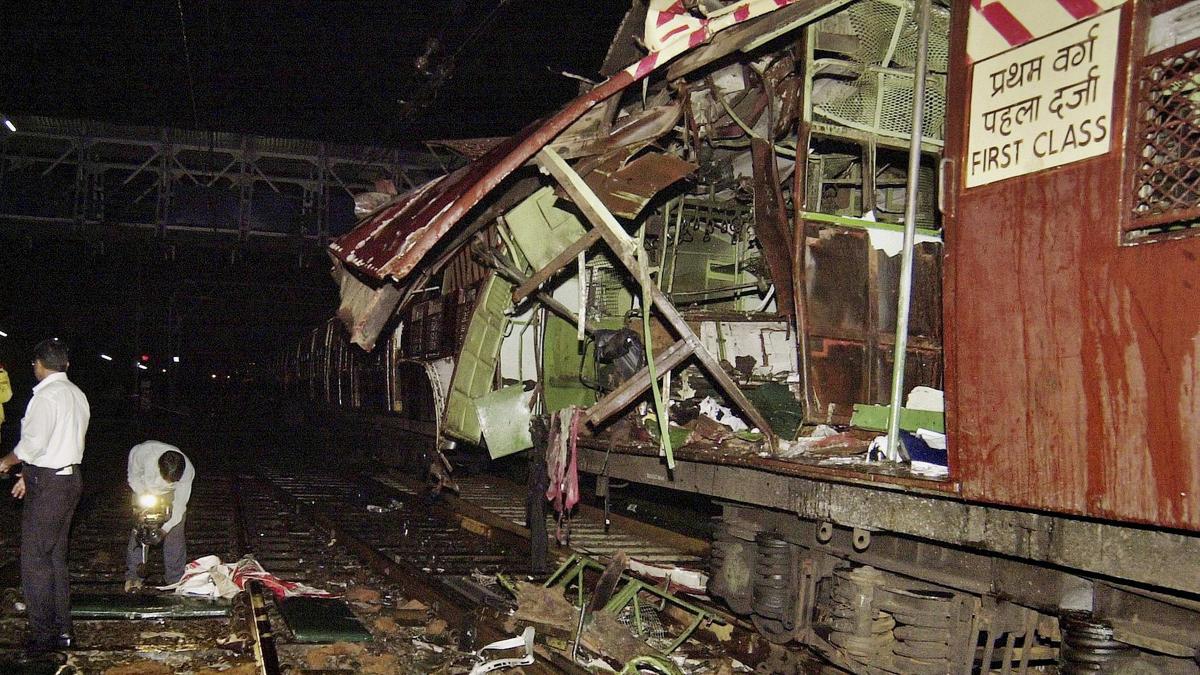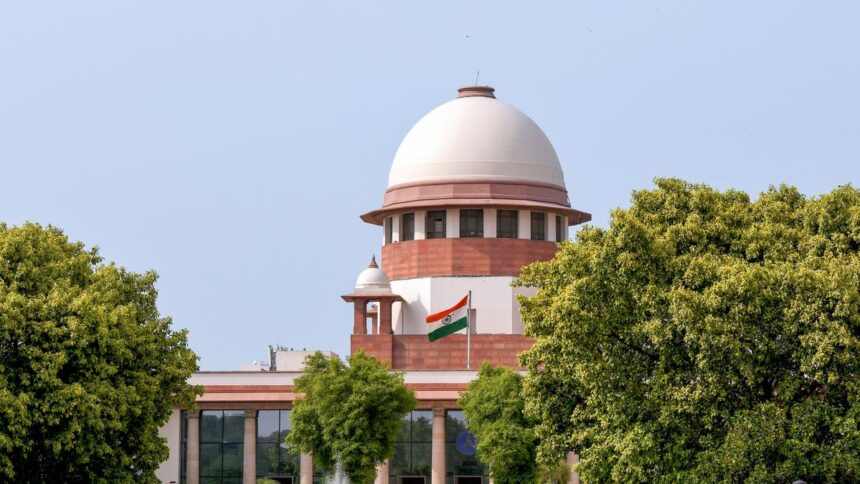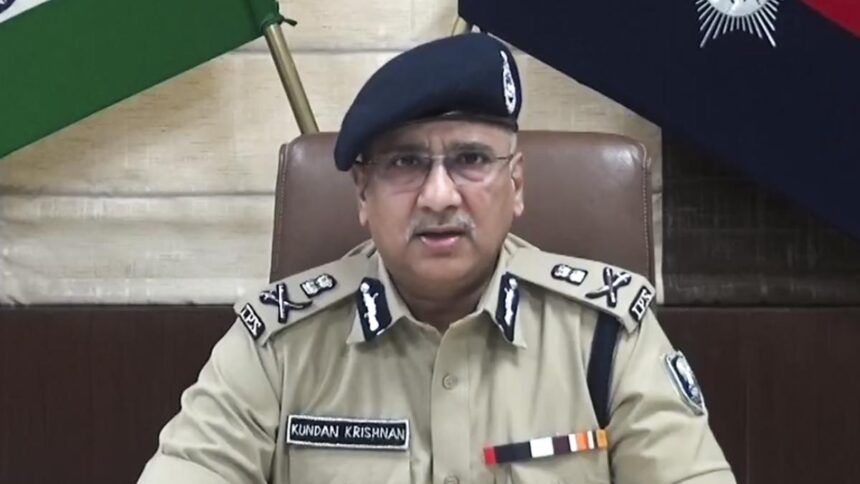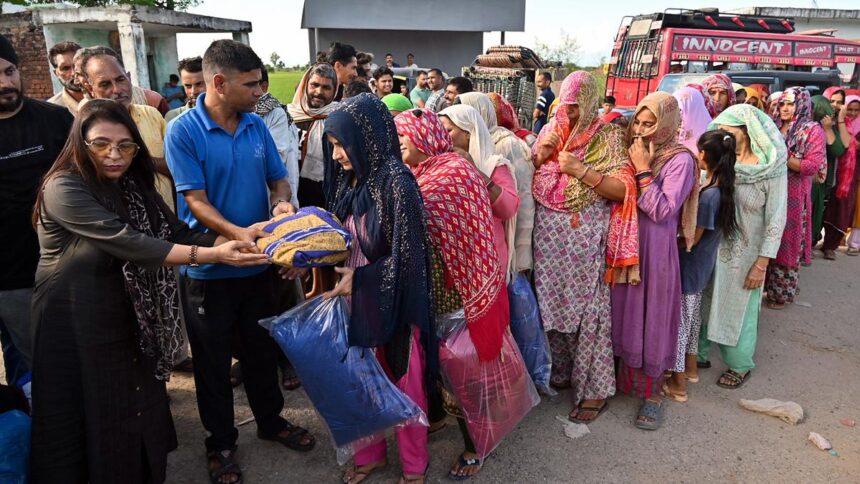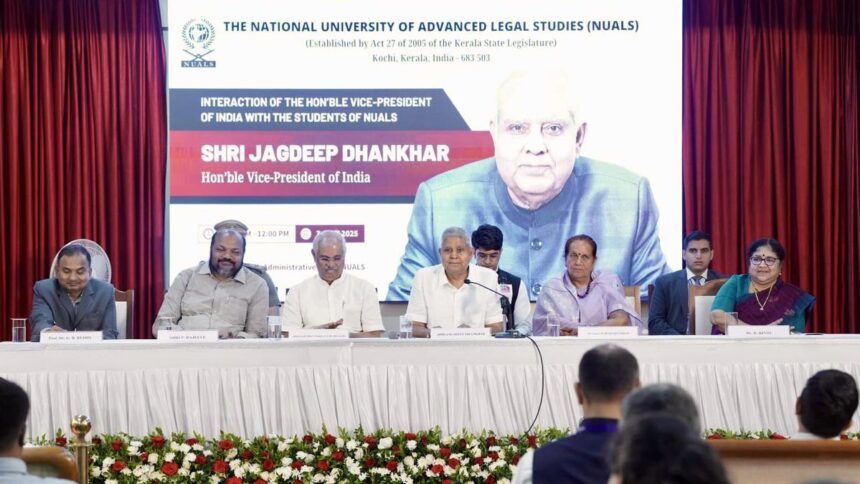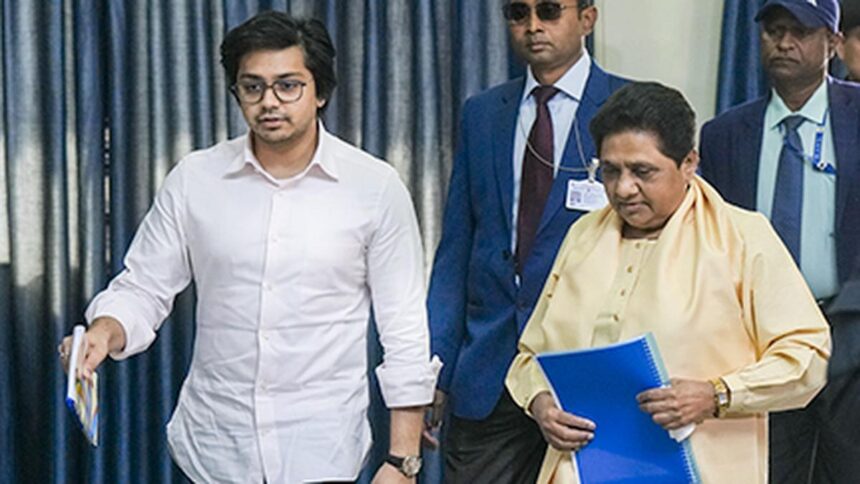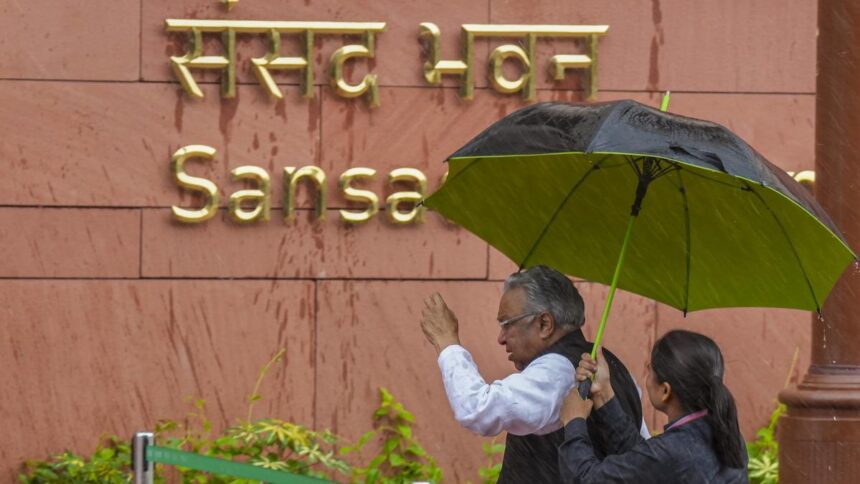
In this July 11, 2006 file photo, policemen investigate near a train coach destroyed by a bomb blast at Matunga railway station in Mumbai. Supreme Court stayed a Bombay High Court judgment acquitting all 12 convicts in the 7/11 Mumbai train blasts, but said the released men need not return to jail.
| Photo Credit: PTI
The Supreme Court on Thursday (July 24, 2025) stayed a Bombay High Court judgment acquitting all 12 convicts in the 7/11 Mumbai train blasts in 2006, but said the released men need not return to jail.
Appearing for a Bench of Justices M.M. Sundresh and N. Kotiswar Singh Solicitor General Tushar Mehta, appearing for Maharashtra, pushed for a stay of the judgment primarily on the ground that it contained observations which would affect pending trials under the Maharashtra Control of Organised Crime Act (MCOCA).
2006 Mumbai Train Blasts: Why 12 men were acquitted after 18 years
In a major legal development, the Bombay High Court acquitted 12 men convicted in the 2006 Mumbai train bombings — one of the deadliest terror attacks in India’s history. This video breaks down what happened on 11 July 2006, how the investigation unfolded, why doubts emerged over the years, and what the High Court finally said in its landmark judgement in July 2025.
| Video Credit:
The Hindu
The Bench ordered that the High Court judgment would not be treated as precedent by trial courts hearing MCOCA cases.
The apex court further issued notice to the former convicts on the State’s appeal against the acquittal.
Justice Sundresh pointed out that some of the persons involved seemed to be Pakistan nationals. The State said they had committed the deed and left India. “They were not arrested,” a State counsel informed.
In a brief mentioning of the case by Maharashtra on June 23 regarding a technical hitch in the case records, Chief Justice of India BR Gavai had remarked that a stay of a judgment of acquittal was “rarest of rare”.
The Bombay High Court had concluded that the prosecution “utterly failed” to establish guilt beyond reasonable doubt. It had set aside the 2025 judgment of the Special Maharashtra Control of Organised Crime Act (MCOCA) court, which had awarded death penalty to five and life imprisonment to seven others.
On July 11, 2006, a series of seven bomb blasts occurred in the first-class compartments of seven suburban local trains of Mumbai between 6:23 p.m. and 6:29 p.m. The coordinated explosions led to the tragic loss of 187 lives and left approximately 824 people injured. eom
Published – July 24, 2025 11:58 am IST








